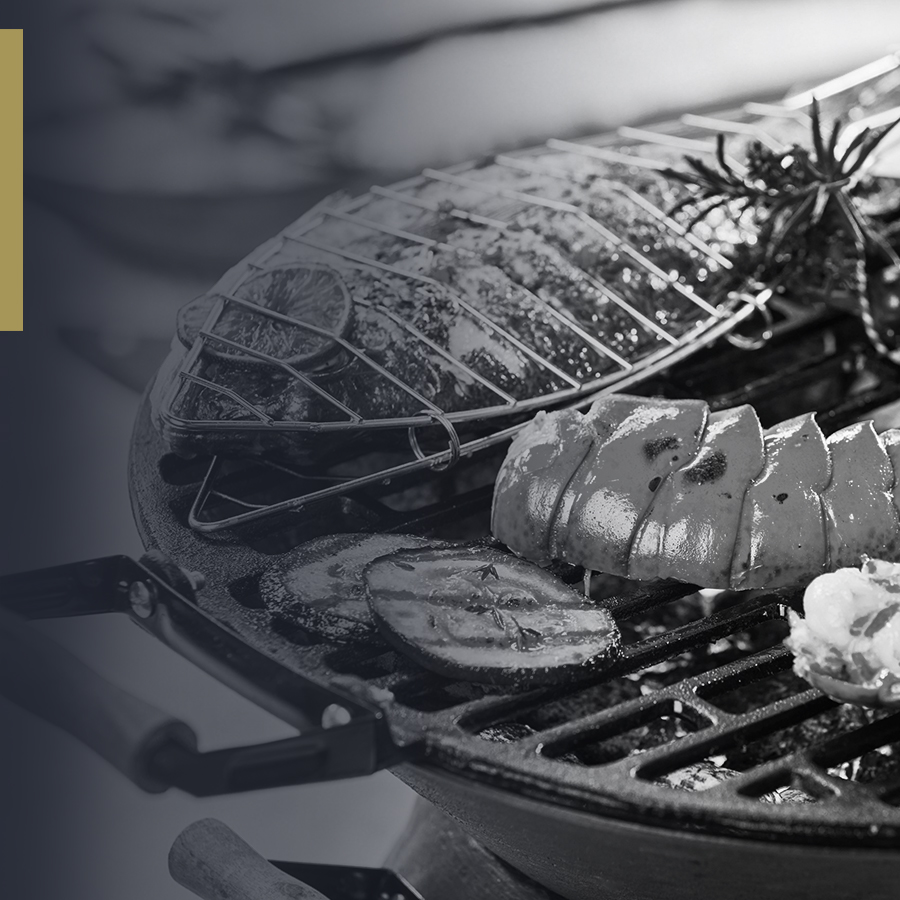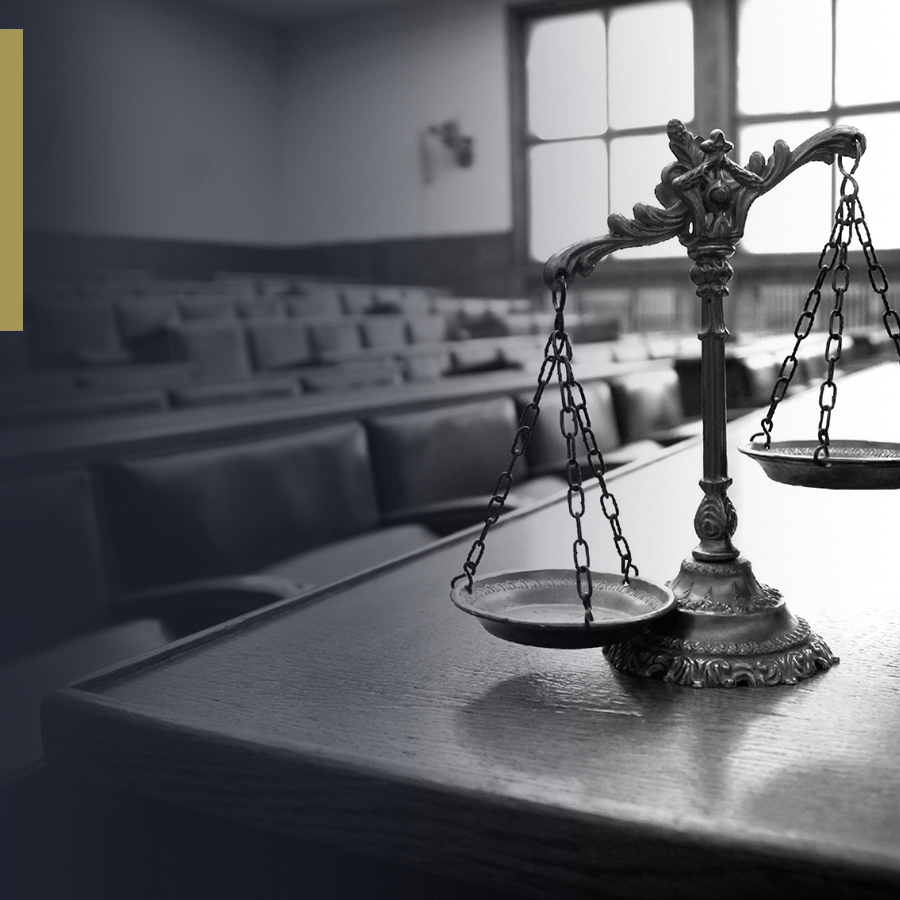Simplicity: A Recipe for Successful Litigation
The last few days, I’ve been reading out of two books. The first, The Rules of the Road by Friedman and Malone, is about how to prove liability in a Plaintiff’s case. It has a simple thesis: if you stick to traditional legal definitions of liability in negligence lawsuits, you will get killed. The jury will get confused, and they’ll let the defendant off the hook.
The second, one I’m reading for fun, is Michael Pollen’s Cooked. His thesis, too, is simple. We spend less time cooking than ever before. And if we spent a bit more time cooking, we would reclaim some basic things in our lives, such as community, connection, and a bit of freedom from the corporations to whom we have outsourced so much of our cooking.
As I read these books, I started seeing connections between them. And in seeing those connections I discerned an even more basic thesis: a basic recipe for success in just about any endeavor comes in simplifying things as much as you possibly can. Then simplify some more. Let me show you what I mean.

The 3 P’s of Cooking According To Michael Pollen
Pollen immersed himself in the techniques and practices of the best chefs in the world, from pit masters in North Carolina to famous brewers and bakers. And yet, by the end of each chapter, he returns to the same point – none of it is difficult. The techniques are basic. Speaking of a pitmaster in North Carolina, he wrote this: “Over the course of our conversations, Ed had gone back and forth on the relative difficulty and mystery of his art. More than once, he had alluded tantalizingly to ‘trade secrets,’ but other times he disclaimed there were any such things. This was one of those times. ‘It’s hard work, but there’s really nothing all that complicated about making good barbecue.’ Which might be the deepest, darkest secret of all.”
In fact, he finally writes that cooking comes down to three things
- Patience: You must give whatever you are doing time to finish. It seems like every dish he learned to cook comes down to cooking over time with low heat.
- Presence: When you are engaged in it, your attention cannot be divided. Cooking doesn’t mix well with a smart phone, for instance.
- Practice: Cooking is a practice. There are no real mysteries to it, but you get better at most of it with repetition.
The 3 Enemies of the Plaintiff Attorney
And in the same sitting where I read about Pollen’s 3 points of cooking, I turned to Friedman, who has three points of his own; the 3 enemies of the Plaintiff’s attorney.
- Complexity: The more complex your opponent can make matters seem, the more difficult it is to win the case.
- Confusion: The more a jury is confused, the more the jury is likely to stick with the status quo. The less likely a jury is to find fault with the defendant
- Ambiguity: The more ambiguous matters appear, the less likely you are to win. And when you go to trial, you are doing battle against, not just your opponent, but with the tendency in the law to make things seem ambiguous, even when they aren’t.

Attention Lawyers: It’s Not That Complicated (Really)
Lawyers like to make it all seem complicated. But cases generally come down to simple things. I recently finished a case with a 50,000-page transcript. The trial filled about 10 months of court time. And I’ve done appeals of cases that were a day in length with a one-volume transcript. What did these cases have in common? They both came down to one thing. Indeed, all cases come down to one thing. Juries, even appellate courts don’t pick between two sides. They choose between two stories. By the case’s end, one story beats the other. Generally, the simplest story wins.
There is no secret to any of it. The answers are out there for the taking. It’s often not talent – it’s just hard work. And that is the deepest secret of all.
